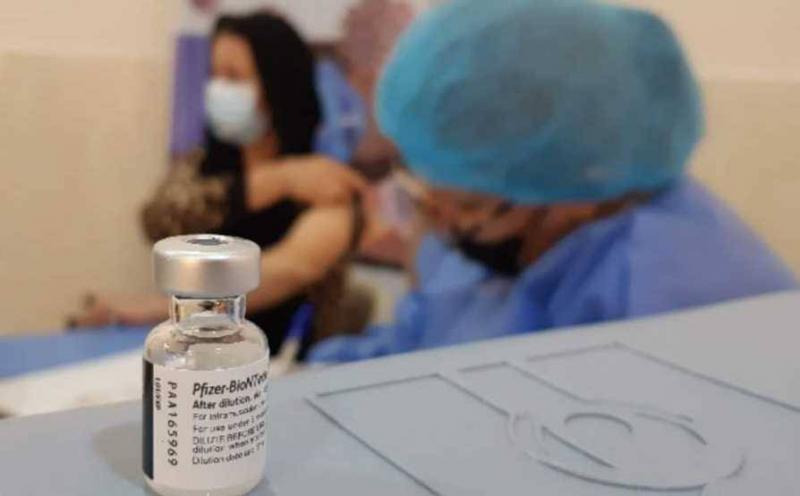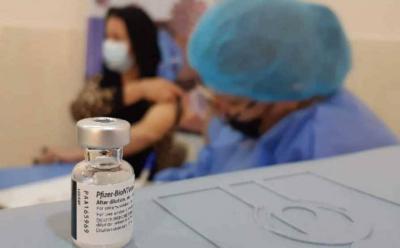Under the headline "After Complaints: America Funds Studies on the Effects of Vaccines on Menstrual Cycles," the Al-Hurra site published a translated report highlighting that, following complaints from women about changes in their menstrual cycles after receiving COVID-19 vaccines, the National Institutes of Health in the United States (NIH) has allocated $1.67 million to fund five studies examining the potential links between vaccines and menstrual disorders.
The five studies will involve researchers from Boston University, Harvard Medical School, Johns Hopkins University, Michigan State University, and the University of Oregon Health and Science. The study is expected to include between 400,000 to 500,000 participants, including teenagers, transgender individuals, and non-binary individuals "who do not identify as male or female," according to Diana Bianchi, director of the Eunice Kennedy Shriver National Institute of Child Health and Human Development.
Bianchi stated in an interview with the "Lily" section of The Washington Post that the studies would last for a year and would involve only participants who have not yet been vaccinated, allowing for the assessment of potential menstrual changes before and after vaccination. Researchers hope to publish results by the end of 2022 or shortly thereafter.
Women and girls have discussed on social media platforms, such as Facebook and Reddit, the changes they experienced in their menstrual patterns after vaccination, sharing that menstruation occurred earlier than usual and became heavier and more painful.
The report mentions the case of Shauna Klauson, 45, from Wisconsin, who complained that her menstrual cycle became earlier and more intense a few days after receiving the first dose of the Moderna vaccine. Klauson, who had alerted the need for research on this issue months ago, expressed that she is "happy" it will be examined now.
Changes in menstrual cycles post-vaccination may be attributed to immune responses to vaccines and their effects on the uterus, as well as stress related to the pandemic, lifestyle changes, and infection with the virus itself, according to the National Institutes of Health. However, so far, no published studies have provided conclusive evidence of the potential links between vaccines and menstruation.
Vaccine trials did not ask participants whether they experienced menstrual irregularities, which Bianchi attributed to the fact that "the emergency use authorization for vaccines focused on critical safety issues" and changes in menstrual cycles "are not actually a life-or-death matter." She added that the lack of official research on the potential link between the two "indicates that vaccine safety studies do not necessarily consider women's reproductive health."




